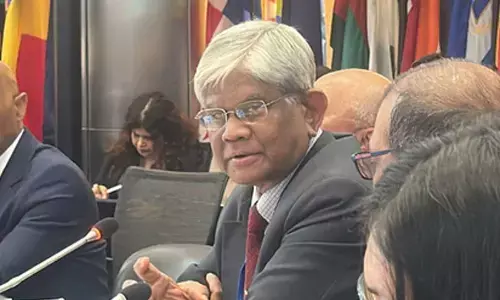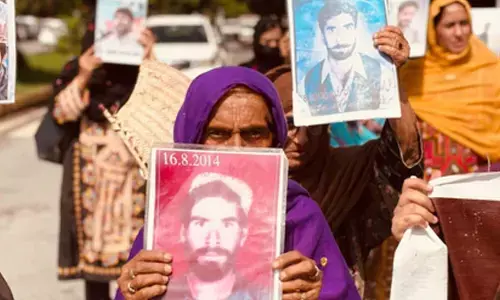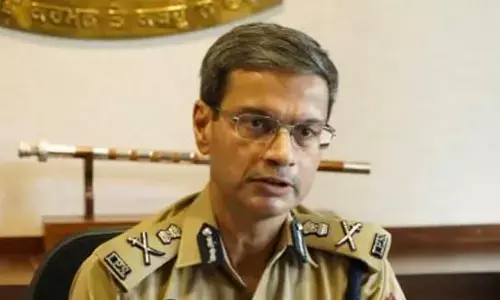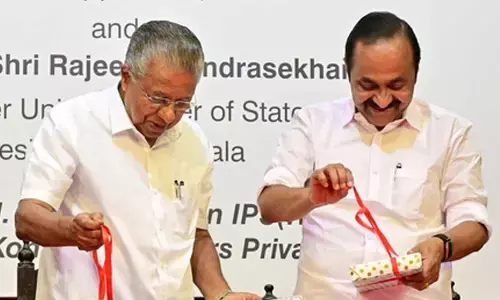Delhi Police Bolsters Security Amidst CAA Rules Implementation: Flag Marches And Surveillance Intensified
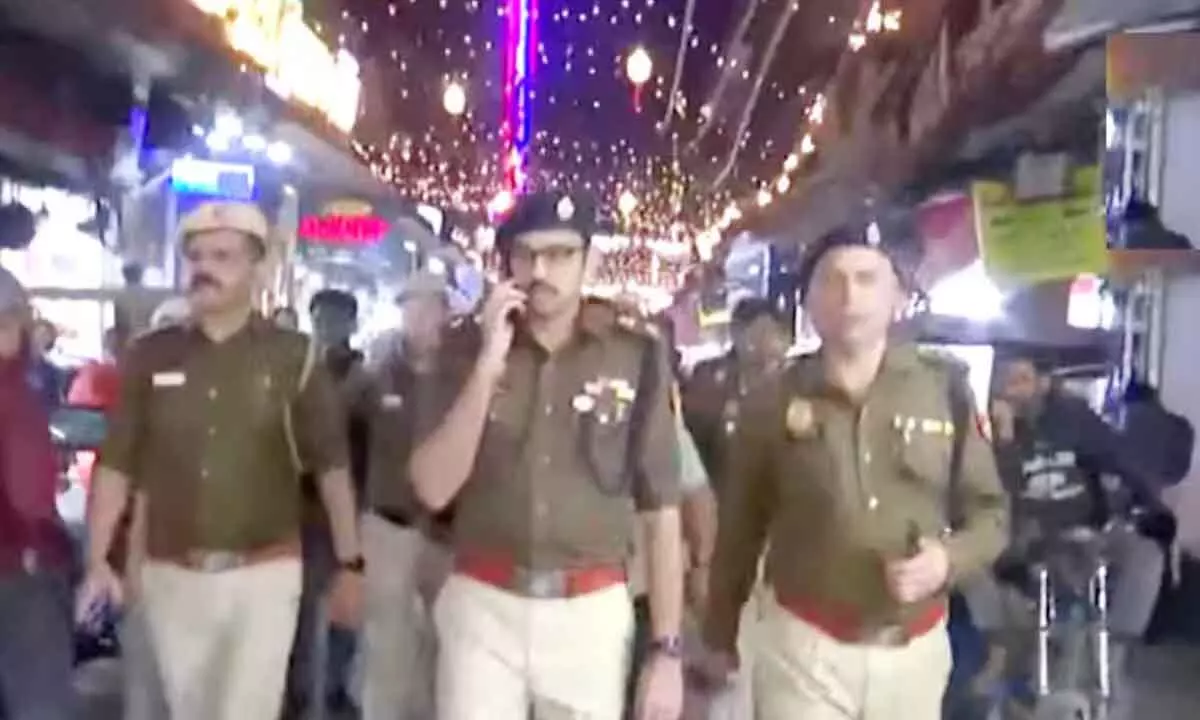
Delhi Police Bolsters Security Amidst CAA Rules Implementation: Flag Marches and Surveillance IntensifiedThe Deputy Commissioner of Police (DCP) of North East Delhi, Joy Tirkey, addressed the current security arrangements, highlighting the lessons learned from the unpleasant experiences of 2020, which witnessed communal riots related to protests against the CAA and the National Register of Citizens (NRC). Tirkey mentioned the briefing sessions conducted with the Aman Committee, where both communities were informed, and potential troublemakers and known criminals were identified.
Tirkey emphasized proactive measures, such as monitoring social media and coordinating with beat constables. He announced a two-day flag march, followed by an extensive flag march in the coming days. Drones will be employed for enhanced surveillance, especially in sensitive areas. The DCP stressed the police's responsibility for the safety of every individual in Delhi's northeast district.
In Noida, the Gautam Buddh Nagar Police conducted a flag march, aligning with the Chief Minister's directives. Joint Commissioner Shivhari Meena stated that foot patrolling in populated and sensitive areas aims to reassure the public of the police's support.
The impact of the CAA notification extends beyond Delhi, with heightened security measures observed in other parts of the country, including Assam. Police stations are on high alert, barricades have been set up in major thoroughfares, and patrolling has been intensified in sensitive areas. Opposition parties have announced plans to protest against the notification, and in Assam, the All Assam Students Union and 30 indigenous organizations have burned copies of the CAA. The United Opposition Forum in Assam declared a statewide hartal (strike) in response.
The CAA rules signify the Modi government's initiation of the process to grant Indian nationality to persecuted non-Muslim migrants from Bangladesh, Pakistan, and Afghanistan who arrived in India before December 31, 2014. The complex and controversial nature of the CAA has led to various reactions and heightened security concerns across the country.
The Delhi Police have heightened security measures in several areas of the national capital, including northeast Delhi, Shaheen Bagh, Jamia, and other sensitive locations. This move comes in response to the Central government's notification of rules for the Citizenship Amendment Act (CAA). Police officers and paramilitary forces have been deployed, and flag marches are being conducted in parts of northeast and southeast Delhi to maintain law and order.
The Deputy Commissioner of Police (DCP) of North East Delhi, Joy Tirkey, addressed the current security arrangements, highlighting the lessons learned from the unpleasant experiences of 2020, which witnessed communal riots related to protests against the CAA and the National Register of Citizens (NRC). Tirkey mentioned the briefing sessions conducted with the Aman Committee, where both communities were informed, and potential troublemakers and known criminals were identified.
Tirkey emphasized proactive measures, such as monitoring social media and coordinating with beat constables. He announced a two-day flag march, followed by an extensive flag march in the coming days. Drones will be employed for enhanced surveillance, especially in sensitive areas. The DCP stressed the police's responsibility for the safety of every individual in Delhi's northeast district.
In Noida, the Gautam Buddh Nagar Police conducted a flag march, aligning with the Chief Minister's directives. Joint Commissioner Shivhari Meena stated that foot patrolling in populated and sensitive areas aims to reassure the public of the police's support.
The impact of the CAA notification extends beyond Delhi, with heightened security measures observed in other parts of the country, including Assam. Police stations are on high alert, barricades have been set up in major thoroughfares, and patrolling has been intensified in sensitive areas. Opposition parties have announced plans to protest against the notification, and in Assam, the All Assam Students Union and 30 indigenous organizations have burned copies of the CAA. The United Opposition Forum in Assam declared a statewide hartal (strike) in response.
The CAA rules signify the Modi government's initiation of the process to grant Indian nationality to persecuted non-Muslim migrants from Bangladesh, Pakistan, and Afghanistan who arrived in India before December 31, 2014. The complex and controversial nature of the CAA has led to various reactions and heightened security concerns across the country.








